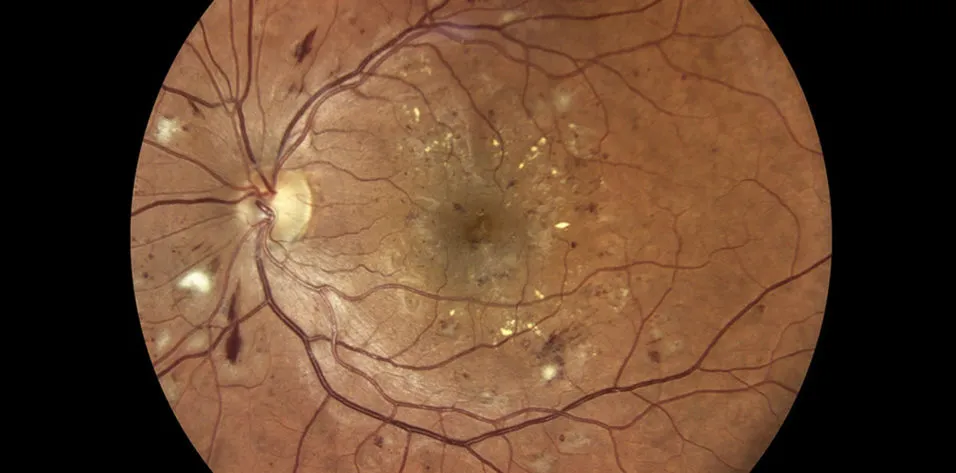Imagine you’re sitting in the office of Kambiz Silani OD, a renowned optometrist. The room smells of sterility, mixed with the faint odor of lens cleaning solution. A chart of the human eye hangs on the wall, a stark reminder of the complexity of our vision. Silani’s role is important, critical even. He’s not just correcting your vision, he’s also your first line of defense against a silent threat – diabetic retinopathy. As an optometrist, he’s trained to spot the smallest changes in your retina, changes that could indicate a problem much bigger than just needing glasses. His role is more than just providing you with a 20/20 vision, it’s about safeguarding your health.
Table of Contents
Understanding Diabetic Retinopathy
Diabetic retinopathy – it sounds ominous, doesn’t it? This condition is a complication of diabetes. High blood sugar levels damage the blood vessels in the retina. This can cause them to swell, leak, or even close off completely. In some cases, abnormal new vessels grow on the retina. All of this can lead to vision loss.
The Role of the Optometrist
Here’s where our hero Kambiz Silani OD comes in. Think of him as your watchman. With specialized equipment, he can examine the back of your eye. He’s looking for those telltale signs of diabetic retinopathy – those damaged blood vessels. And the sooner he spots them, the better. Early detection gives you a head start on treatment options.
Prevention Is Better Than Cure
While Silani’s eagle eyes are crucial, you’re not entirely helpless. You can lower your risk of developing diabetic retinopathy. Control your diabetes, keep your blood pressure in check, limit your cholesterol intake, and quit smoking. All of these actions can help protect your eyes.
To Sum Up…
Diabetic retinopathy is a serious threat. It can creep up on you, silently stealing your sight. But with regular visits to your optometrist – someone like Kambiz Silani OD – you can catch it early. Your optometrist’s role isn’t just about fixing blurry vision. It’s about spotting those silent threats and keeping your eyes healthy. So the next time you find yourself in that sterile-smelling room, remember this. You’re not just there for a vision test. You’re there for so much more.








